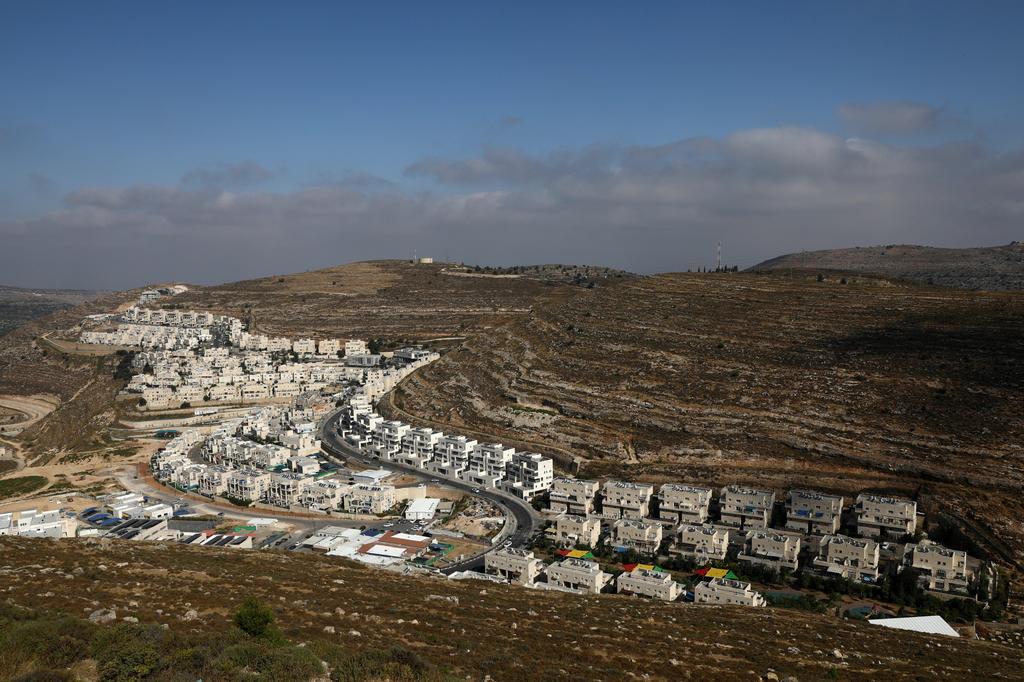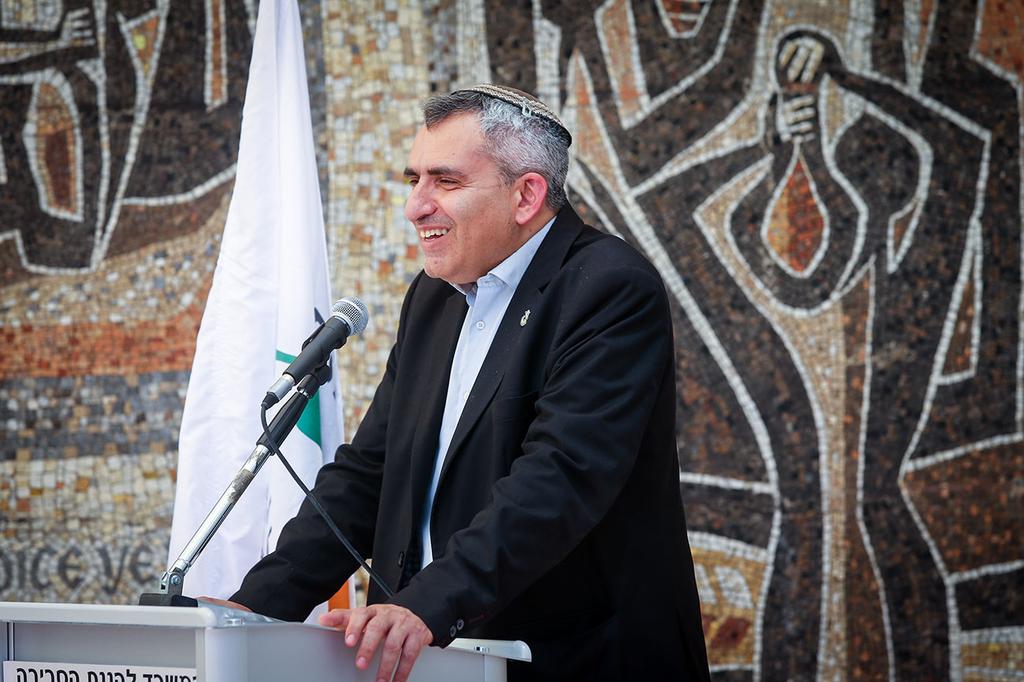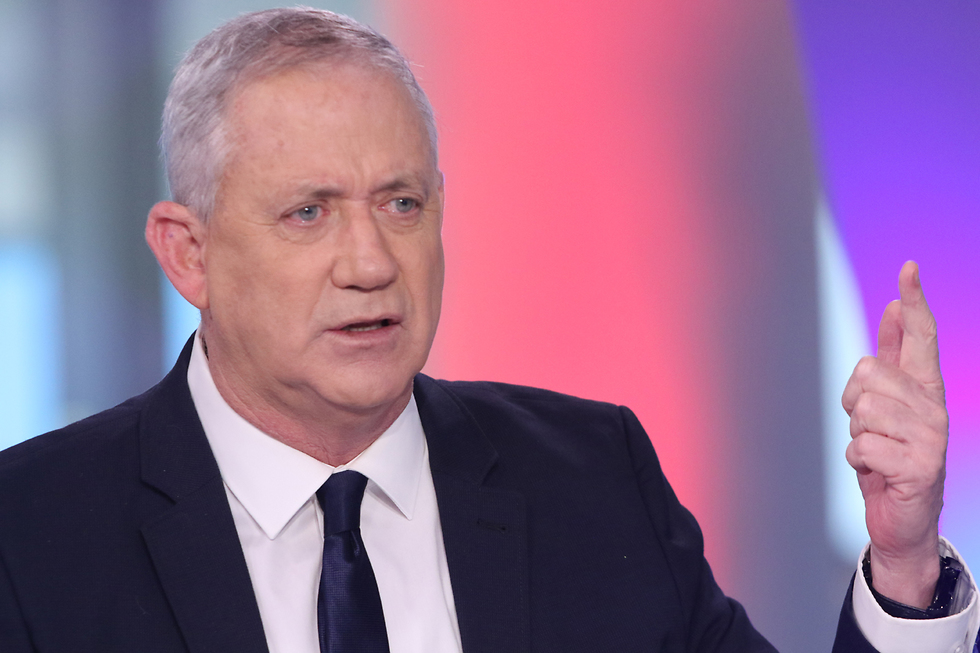Getting your Trinity Audio player ready...
A minister played down on Tuesday the likelihood of Israel making a major move to annex its West Bank settlements on July 1, the planned starting point for cabinet debate on the issue.
Ze'ev Elkin, Likud minister for higher education, said Israel still did not have the green light it seeks from Washington to begin extending its sovereignty to parts of the West Bank, territory Palestinians seek for a state.
Palestinian leaders, the United Nations, European powers and Arab countries have all denounced any annexation of land that Israel captured in the 1967 Six-Day War.
“Whoever painted a picture of everything happening in one day on July 1, did so at their own risk,” Elkin told Army Radio when asked what would happen on Wednesday. “From tomorrow, the clock will start ticking.”
No cabinet session for Wednesday has been announced.
American officials are in Israel as part of the White House’s efforts to win consensus within its government for annexation as envisioned in an Israeli-Palestinian peace plan announced by U.S. President Donald Trump in January.
3 View gallery


A view of Israeli settlement construction around Givat Ze'ev and Ramat Givat Ze'ev, north of Jerusalem
(Photo: Reuters)
The proposal calls for Israeli sovereignty over about 30% of the West Bank - land on which Israel has built settlements for decades - as well as the creation of a Palestinian state under strict conditions.
Palestinians say the blueprint would make statehood, in the West Bank, Gaza and East Jerusalem, unviable, and most world powers view Israel’s settlements as illegal. Netanyahu says the Jewish people have a legal, historic and moral claim to the West Bank, the biblical Judea and Samaria.
Gantz on Tuesday appeared to support Netanyahu's plan to extend Israeli sovereignty in the West Bank after the two leaders appeared to feud Monday about the timing of its execution.
"This is the time to tackle the issue. I believe that the Trump peace plan is the right political-security framework for the State of Israel," Gantz told Ynet in an interview.
"We must do it right by bringing in as many partners to the discussion as possible with international backing. One million unemployed people do not know what we are talking about right now. Most of them are worried about what they're going to do tomorrow morning."



